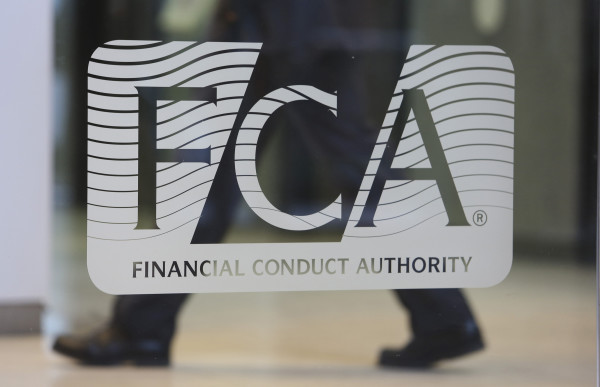

The Financial Conduct Authority issued 552 warnings about unauthorised firms in the 2018-19 financial year, an increase of 68 per cent on the 328 warnings sounded the previous year.
In this time the regulator said more than 523,000 consumers visited its ScamSmart website for more information on pension and investment scam.
The watchdog regularly posts warnings about scam and clone companies on its website, some of which have attempted to impersonate household names by using a slight variant of company details.
In the last six months alone consumers have been warned about clone firms claiming to represent advisers including Quilter Cheviot, St James's Place, Smith & Williamson and asset manager Fidelity.
Nick Bayley, managing director of compliance and regulatory consulting at Duff & Phelps, warned the internet was playing an increasingly significant role in the rise of clone and scam firms across the financial services industry.
Mr Bayley said: "The increased prevalence of the internet as a source of information exposes investors to a great deal of unsolicited advertising and other marketing for seemingly attractive investment opportunities.
"Whereas many consumers have become sensitised to the danger associated will cold-callers on the telephone or at their front door, they may be far less aware of the many risks, scams and fraudsters that that lurk on the web.
"One of the ways investors can be scammed is by fraudsters who are operating under the name of an established, authorised firm or using a very close variant of a real firm’s name.
"Unsuspecting investors who check the FCA register may be led to believe they are dealing with the real firm, when they are actually in contact with a ‘clone’ run by scammers and criminals, which is entirely unauthorised."
The FCA frequently warns clone firms are usually used as a tactic by fraudsters when contacting people out of the blue and has urged the public to be "especially wary" if cold called by a company.
Mr Bayley added: "Very low interest rates have caused many investors to go in search of higher yields, often without understanding the risk that goes with it.
"Scammers and fraudsters latch on to investors’ quest for higher returns and offer them unregulated, very high-risk or even totally spurious products, which could see them losing most or all of their investment."
The FCA is currently in discussions with companies such as Google to encourage them to intervene on online financial promotions which may be misleading.
The City watchdog is particularly concerned about promotions that don't properly explain financial risks or total cost. It is also concerned about unclear exit fees or promotions that are vague about the length of time the consumer has signed up for.
Last year the FCA ordered mini-bond provider London Capital & Finance to withdraw its promotional material on the basis that it was misleading, not fair and unclear. The FCA was particularly concerned that LCF bonds were being marketed as Isa eligible when they were not.
The company would go on to collapse into administration, raising concerns about the savings of some 11,500 investors.
rachel.mortimer@ft.com
What do you think about the issues raised by this story? Email us on fa.letters@ft.com to let us know.



